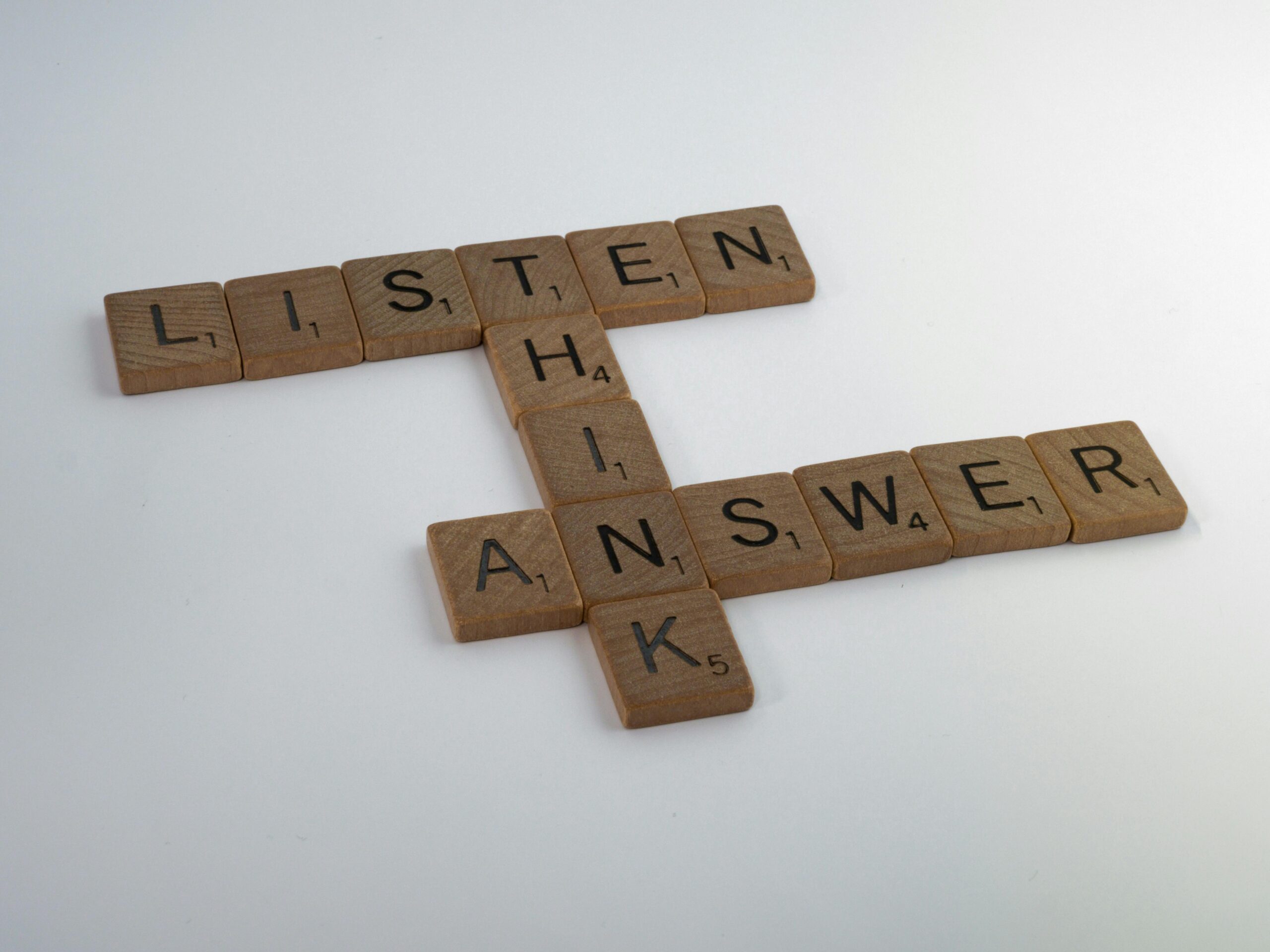We often underestimate the power of a single kind word .
A compliment, an encouraging message, or even a well-timed “you’ve got this” can shift someone’s mood — and more importantly, their brain chemistry.
But what happens inside the mind when we hear something gentle?
How do kind words affect stress levels, decision-making, and emotional resilience?
This article explores the neuroscience behind kindness , how it shapes perception, and why gentle language isn’t just polite — it’s transformative .
Let’s dive into:
- What science says about kind speech and brain function
- Why gentle words reduce stress and improve clarity
- How to use language that builds trust, not tension
- Real-life examples from literature, therapy, and digital communication
- Practical tips for speaking with empathy in personal and professional settings
Because sometimes, the kindest thing you can offer isn’t advice — it’s the right words at the right time.
The Science Behind Kindness and the Brain
Kindness doesn’t just feel good — it changes your brain.
Neuroscientists have long studied the effects of positive language on cognition, emotion, and behavior. And what they’ve found is fascinating:
1. Oxytocin Release
When we receive genuine praise or comforting words, our brain releases oxytocin — the hormone associated with trust, bonding, and social connection.
This makes us feel safer, more connected, and more open to cooperation.
2. Reduced Cortisol Levels
Harsh or negative speech increases cortisol — the body’s primary stress hormone.
In contrast, kind words lower cortisol, making us feel calmer, more focused, and less emotionally overwhelmed.
Therefore, gentle language isn’t just nice — it’s neurologically soothing.
3. Activation of the Prefrontal Cortex
Studies show that positive feedback activates the prefrontal cortex , which governs reasoning, planning, and emotional regulation.
This means kind words don’t just comfort — they help people think more clearly.
From Literature to Life: The Legacy of Gentle Language
Throughout history, writers, poets, and philosophers understood the emotional weight of kind speech — even before neuroscience confirmed it.
Consider these famous examples:
Jane Austen – Pride & Prejudice
Mr. Darcy’s eventual confession to Elizabeth isn’t grand or dramatic — it’s thoughtful, restrained, and deeply sincere.
“You must allow me to tell you how ardently I admire and love you.”
That single sentence carries so much because of its tone — not just its content.
Emily Brontë – Wuthering Heights
While not always gentle, Brontë shows how harsh speech breeds isolation, while rare moments of tenderness spark transformation.
Modern Therapy Practices
Therapists trained in Cognitive Behavioral Therapy (CBT) and Positive Psychology understand that changing the language we use — both internally and externally — reshapes how we see ourselves and the world.
Therefore, whether spoken by a friend, partner, or therapist — kind words aren’t just comforting — they’re cognitive game-changers .
How Kind Words Affect Emotional and Mental Health
Beyond momentary warmth, kind speech has measurable benefits for mental health.
Here’s how gentle language helps:
1. Reduces Anxiety
Supportive phrases like:
“You did great,”
“I’m proud of how you handled that,”
can ease self-doubt and build confidence.
2. Boosts Motivation
Encouragement triggers dopamine release — the brain’s reward chemical. That’s why hearing:
“I believe in you,”
before a big meeting or presentation can actually improve performance.
3. Improves Focus and Clarity
People who feel supported mentally are better able to concentrate, problem-solve, and make decisions under pressure.
4. Strengthens Relationships
Words shape how we perceive each other. A gentle tone fosters safety — and safe relationships are where real growth happens.
5. Enhances Emotional Resilience
Over time, regular exposure to kind communication builds inner strength — helping people recover faster from setbacks.
As a result, gentle speech isn’t soft — it’s strategic .
Psychological Insights: Why We React to Tone
Language doesn’t just convey meaning — it shapes how we interpret reality.
Here’s how different tones affect the brain:
Therefore, if you want your words to stick — say them gently.
How to Use Kind Words Strategically
Want to speak with kindness — but still be effective? Here’s how to do it.
1. Lead With Empathy
Instead of jumping straight into correction or criticism, start with understanding.
Try:
“I know this was a tough situation — thank you for handling it with patience.”
“That didn’t go as planned, but I appreciate your effort.”
This sets a tone of support — not judgment.
2. Use Affirmation Before Correction
If you need to give feedback, frame it gently.
Avoid:
“You messed up the timeline again.”
Try:
“I know there were some unexpected delays — let’s figure out how to prevent them next time.”
The second version keeps the door open for learning — not shame.
3. Acknowledge Emotion First
Sometimes people don’t need solutions — they need validation.
Try:
“I can see this really frustrated you — no wonder things felt overwhelming.”
This creates space for emotional processing — and encourages openness.
4. Say Less, But Mean More
Kind words don’t need to be poetic — just intentional.
Examples:
“You’re doing better than you think.”
“I saw how hard you worked — it didn to go unnoticed.”
“I’m rooting for you — always.”
Short, meaningful statements can carry more weight than long speeches .
5. Speak Like You Want to Be Spoken To
Would you want to hear:
“You’re not trying hard enough”
or
“I believe in your ability — let’s work through this together”?
Your tone should reflect how you’d wish to be addressed — especially when offering constructive input.
Likewise, gentle language isn’t weakness — it’s leadership with heart .
Real-Life Examples: When Gentle Speech Makes All the Difference
Let’s look at common situations where kind words alter outcomes.
At Work:
“You missed the deadline — again.”
“I know you had a lot going on — let’s adjust expectations so you can thrive.”
One causes defensiveness. The other invites collaboration.
In Relationships:
“Why would you even think that?”
“I get where you’re coming from — let’s talk through it.”
One implies rejection. The other offers understanding.
In Digital Communication:
“You didn’t reply — everything okay?”
“No rush — just wanted to check in when you’re ready.”
One feels accusatory. The other feels supportive.
In Parenting:
“Why can’t you focus?”
“It’s okay — let’s try a new way to make this easier.”
One damages self-worth. The other builds resilience.
These subtle shifts in language change how people respond — not just emotionally, but cognitively.
How Gentle Language Builds Trust and Cooperation
Kind words don’t just soothe — they build bridges between people .
Here’s how gentle speech improves social dynamics:
1. Fosters Safety
When people feel emotionally safe, they’re more likely to share ideas, admit mistakes, and take risks.
2. Encourages Openness
Gentle feedback makes people more willing to listen — and learn.
3. Strengthens Team Bonds
Workplace environments that encourage respectful, supportive communication report higher morale and productivity.
4. Increases Persuasion Power
People are more likely to follow leaders who speak with kindness — not control.
Therefore, gentle language isn’t passive — it’s powerful .
The Role of Kindness in Learning and Growth
Did you know that students perform better in classrooms where teachers use supportive language ?
Research shows that constructive, kind feedback improves learning outcomes — whereas harsh criticism leads to avoidance, low motivation, and reduced performance.
In fact, one study published in Nature Human Behaviour found that:
“Students exposed to kind, growth-focused language showed a 20% improvement in retention and test scores over time.”
So whether in school, work, or personal life — gentle words help brains grow .
How to Build a Habit of Speaking with Kindness
Changing how you speak takes practice — but here’s how to start:
1. Pause Before Responding
Take a breath. Ask yourself:
“Is this helpful? Is it kind?”
Then choose your words accordingly.
2. Reframe Your Intent
Are you trying to correct behavior — or make someone feel small? Try saying:
“Let’s find a better way to approach this.”
Rather than:
“That wasn’t right.”
Your goal should be growth, not guilt .
3. Practice Active Listening
Before responding, show that you heard them. This opens the door for kind responses.
“What you said makes sense — here’s what I noticed too…”
4. Avoid Assumptions
Don’t assume intent. Instead of:
“You didn’t care enough to finish this…”
Try:
“I noticed this part wasn’t completed — anything I can help with?”
This reduces resistance and increases engagement.
5. Make It Personal
Use names, acknowledge effort, and speak with warmth.
Even in written communication:
“Hey, quick note: you’re doing better than you think.”
has more impact than
“Just checking in.”
Therefore, small acts of verbal kindness create large emotional ripples .
Final Thoughts: Speak Like You Care — Because You Do
The brain is shaped by what it hears — especially in moments of stress or uncertainty.
And the gentle brain?
It’s not weak — it’s wise.
Because when you speak with kindness, you’re not just being nice — you’re shaping someone’s ability to think clearly, act confidently, and connect authentically.
So next time you’re tempted to correct, criticize, or cut straight to the point — pause.
Ask yourself:
“Will this help them feel stronger — or smaller?”
Because the answer determines not only how they feel — but how they perform.
And sometimes, the most powerful thing you can offer someone is simply this:
“I believe in you.”
Because in a world full of noise, the gentle brain listens — and thrives.
Want More Tips Like This?
Check out these related guides:





